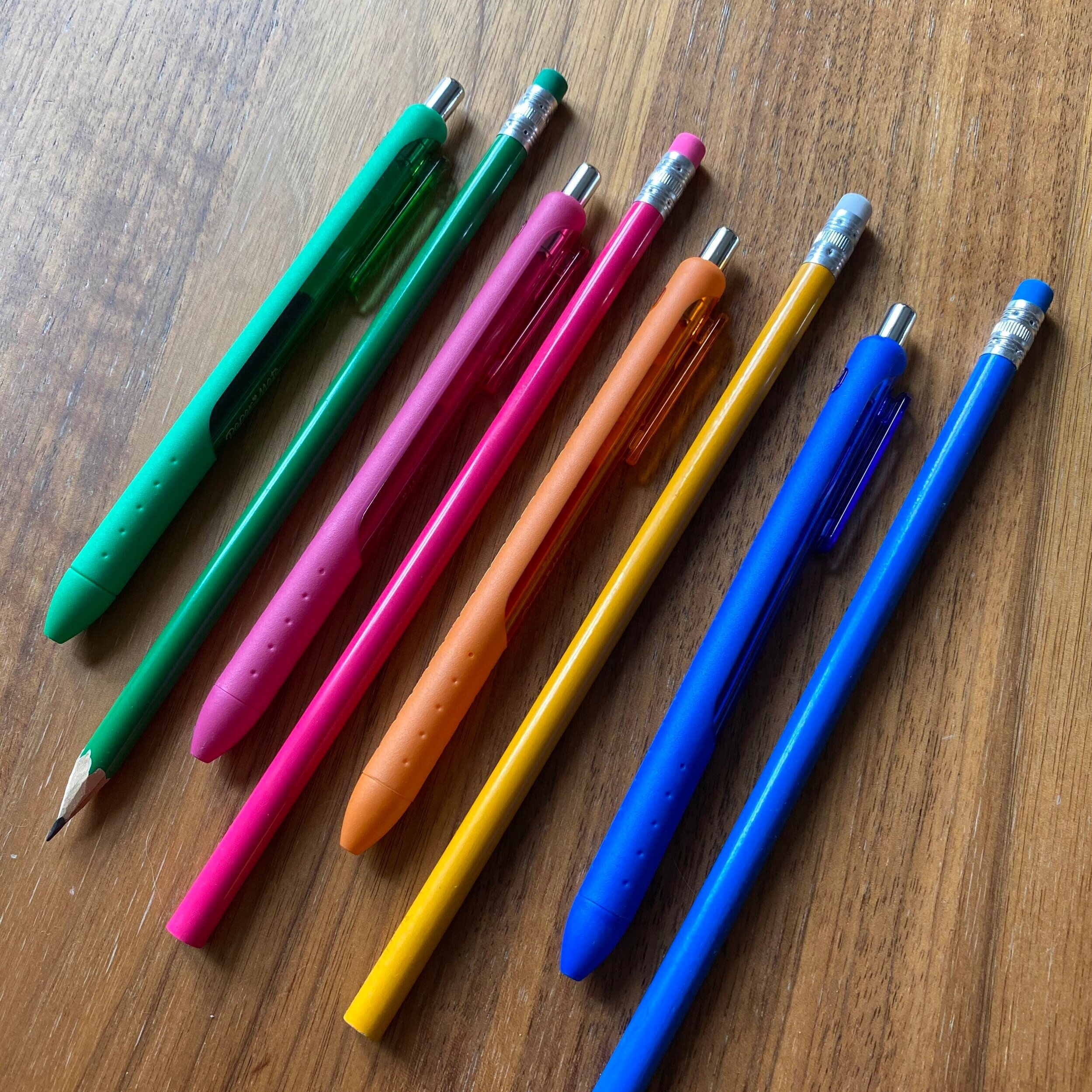What comes next?
We’d all love to know the answer to that question right about now. Luckily, today’s at-home activity is one way you and your little ones can explore predictability by making patterns. Because even if we don’t know what’s next for us right now, we can still rely on certain patterns and order in the world around us.
Plus, we’ve included the Common Core alignments for this activity so you can rest easy knowing it’s quality play.
Make a Pattern
Goals:
Sequence items to create a pattern
Predict what item would come next in a pattern
Recognize patterns in the world
What you’ll need:
Sets of objects around the house: blocks, spoons, soup cans, stuffed animals, pebbles, sticks
How to:
Gather two or more sets of things to get started. Ask you little one: “Let’s find things that are alike in some way. Do you have some toys that are alike? Bring back 3 or 4. We’ll gather everything right here. Let’s look outside, too.”
Start with an easy 1-2 pattern, for example: stick, pebble, stick, pebble, stick, …. Ask your child to guess to what would come next in the sequence.
Move on to more complicated ones depending on your child’s ability. Examples:
Stick, stick, pebble, stick, stick, pebble
Red block, red crayon, blue block, blue crayon
Challenge your child to create their own pattern and make you guess what comes next.
Take a walk outside, what patterns do you see? Look closely at the buildings, houses, sidewalk and landscaping!
Vocabulary:
Set: a collection of objects that belong together
Pattern: a repeated arrangement of objects
Common Core Alignments:
Kindergarten:
K.G.2 Correctly name shapes regardless of their orientations or overall size
Fourth Grade:
4.OA.5 Generate a number or shape pattern that follows a given rule. Identify apparent features of the pattern that were not explicit in the rule itself

